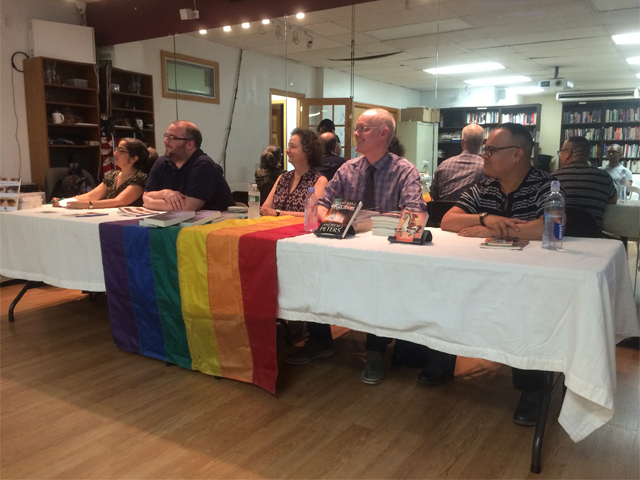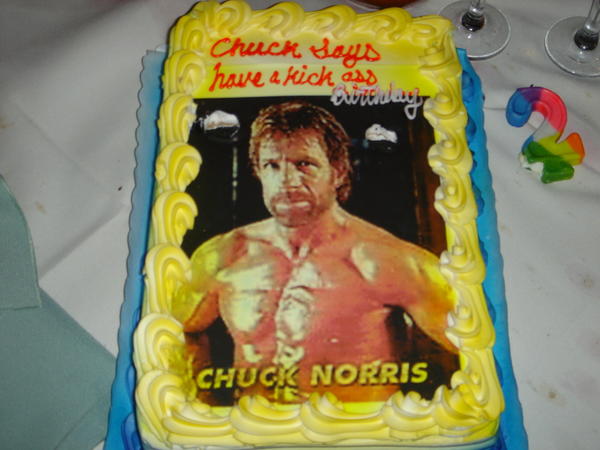Just in case you missed last week’s 2015 LGBT Queens Book Night, here’s a recap.
Sponsored by Newtown Literary Journal and Poets & Writers, the event brought together four local authors to discuss and read from their 2015 releases. The program was moderated by Nancy Agabian, and a nice Q&A took place at the end, ranging from questions about the status of LGBT characters in fantasy to the importance of LGBT-specific (or queer) literary events. More about that later.
As it happened, three of the four of us had participated in Lambda Literary Foundation’s Fellows program. Rigoberto Gonzalez was one of its first faculty. Shelley Ettinger was a fellow at its second annual program, and I was a fellow in 2011. We reminisced and tried to explain to the audience what the experience had meant to us. We each felt that it was one of those rare life-changing moments from which we emerged wiser and stronger. For me, it was an affirmation of my identity not only as a writer but as a queer writer. It gave me the push to get my work out in print.
Queens Pride House hosted the event, which was wonderfully appropriate for a program celebrating the work of local authors. Kew Gardens has been my home since 2001. My husband and I moved into an apartment together in the neighborhood right after our wedding, and we bought the place in 2009.
One thing that we Queens residents are proud of is the tremendous cultural diversity of our borough–the most diverse borough in New York City. Just walking around the block, you have exposure to cultures from around the world. Queens doesn’t have the glam of Manhattan or the hipster vibe of Brooklyn’s trendy neighborhoods. But it has a comfy, down-to-earth feel, and it’s truly a microcosm of the world.
Nancy asked each of us about our take on queer spaces for writers. I can’t say verbatim what my response was, but I know it was enthusiastic. There’s an age-old debate over whether creating queer spaces provides needed validation and support or keeps us segregated from the mainstream. I’ve heard non-queer people say that by closing ourselves off, we deprive them of our experience and point-of-view. That’s something I understand to an extent when I think about the parallel process in other minority communities.
But I don’t think it’s a sufficient argument against creating queer spaces, or spaces just for women or just for other minority groups. It’s based on a false dichotomy. We’re not either in our own community or in the broader community. We’re continuously in that broader community from the time we leave out for work in the morning to the time we come home.
I believe we need our own spaces. For many of us, our lives are full of social, family and professional circles where we exchange and interact with non-queer people, and naturally we grow and change through those experiences. But something special happens when we get together, just as us, unchallenged by real or potential non-queer disapproval. I don’t mean that it’s necessarily more valuable or profound than other spaces that we share with non-queer writers. But it’s a different way of nourishing our souls.


